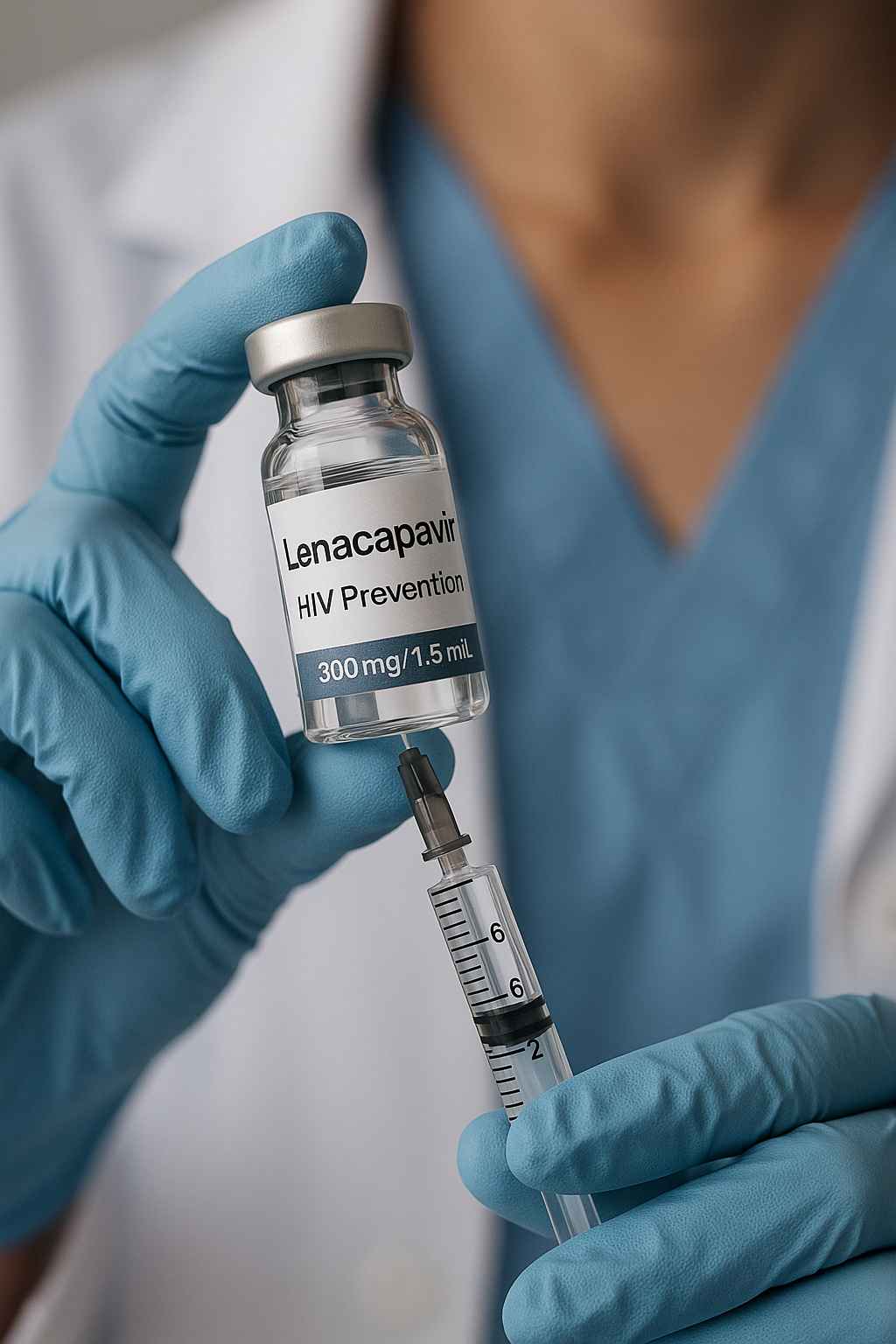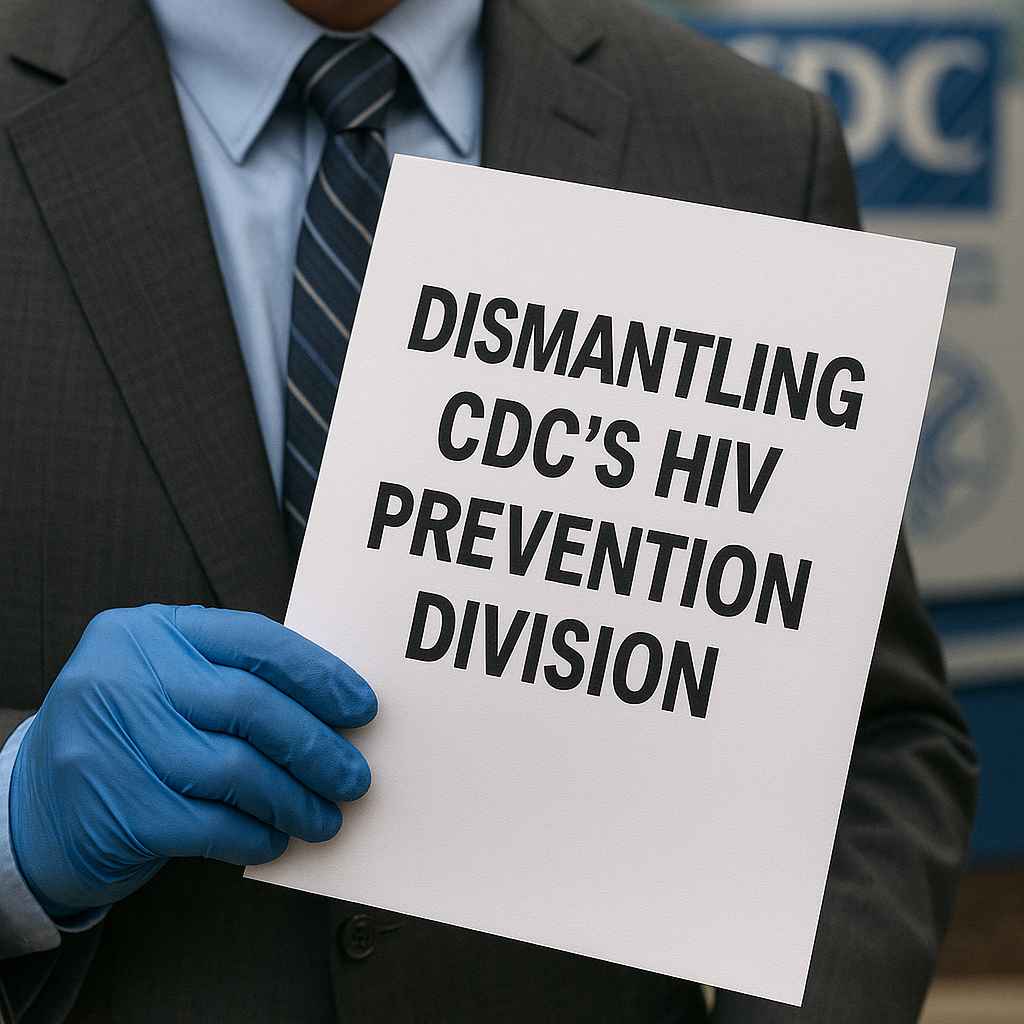
HIV/AIDS has been a significant global health challenge for several decades. However, thanks to extensive research efforts and advancements in medical science, significant progress has been made in understanding, preventing, and treating this condition. In this blog post, we will explore the latest breakthroughs and developments in HIV/AIDS research, shedding light on the promising advancements that give hope to millions of people around the world.
Antiretroviral Therapy (ART) Improvements:
Antiretroviral therapy has revolutionized the treatment of HIV/AIDS by suppressing the virus and allowing individuals to live longer, healthier lives. Recent research has focused on developing more effective and tolerable ART regimens, including long-acting injectables, combination therapies, and novel drug delivery systems. These advancements aim to enhance treatment adherence, reduce side effects, and simplify medication schedules, improving overall patient outcomes.
HIV Prevention Strategies:
Prevention plays a crucial role in combating the spread of HIV/AIDS. Beyond traditional methods such as condom use and needle exchange programs, innovative prevention strategies have emerged. One notable breakthrough is pre-exposure prophylaxis (PrEP), a daily medication taken by individuals at high risk of HIV infection to significantly reduce the risk of acquiring the virus. Ongoing research continues to explore new prevention modalities, including long-acting injectable PrEP and alternative methods like microbicides and vaccines.
HIV Cure Research:
While there is currently no cure for HIV/AIDS, significant progress has been made in the field of HIV cure research. Scientists are investigating various strategies, such as gene editing using CRISPR technology, therapeutic vaccines, and latency-reversing agents (LRAs). These innovative approaches aim to eliminate the viral reservoirs and achieve sustained remission without the need for lifelong antiretroviral therapy. Though challenges remain, these efforts provide hope for a future where HIV/AIDS can be eradicated.
HIV Vaccine Development:
Developing a safe and effective HIV vaccine has been a long-standing goal in the fight against the virus. Recent breakthroughs in vaccine research have shown promising results. Various vaccine candidates have entered clinical trials, utilizing novel immunization techniques and innovative vaccine designs. Additionally, the identification of broadly neutralizing antibodies (bNAbs) has provided insights into potential targets for vaccine development. While an HIV vaccine is yet to be realized, these advancements bring us closer to finding an effective preventive measure against the virus.
Collaborative Efforts and Community Engagement:
The progress in HIV/AIDS research and development would not be possible without the collaborative efforts of scientists, healthcare professionals, community organizations, and individuals affected by HIV/AIDS. These stakeholders work together to prioritize research, ensure access to care, advocate for policy changes, and engage communities in prevention and treatment efforts. This multidisciplinary approach continues to drive advancements and address the complex challenges associated with HIV/AIDS.
The landscape of HIV/AIDS research is constantly evolving, and recent breakthroughs provide renewed optimism in the fight against the virus. Advances in antiretroviral therapy, prevention strategies, cure research, and vaccine development offer hope for a future where HIV/AIDS can be effectively managed and potentially eradicated. By staying informed about the latest research and supporting ongoing efforts, we can contribute to the global fight against HIV/AIDS and help create a world free from the burden of this devastating disease.



